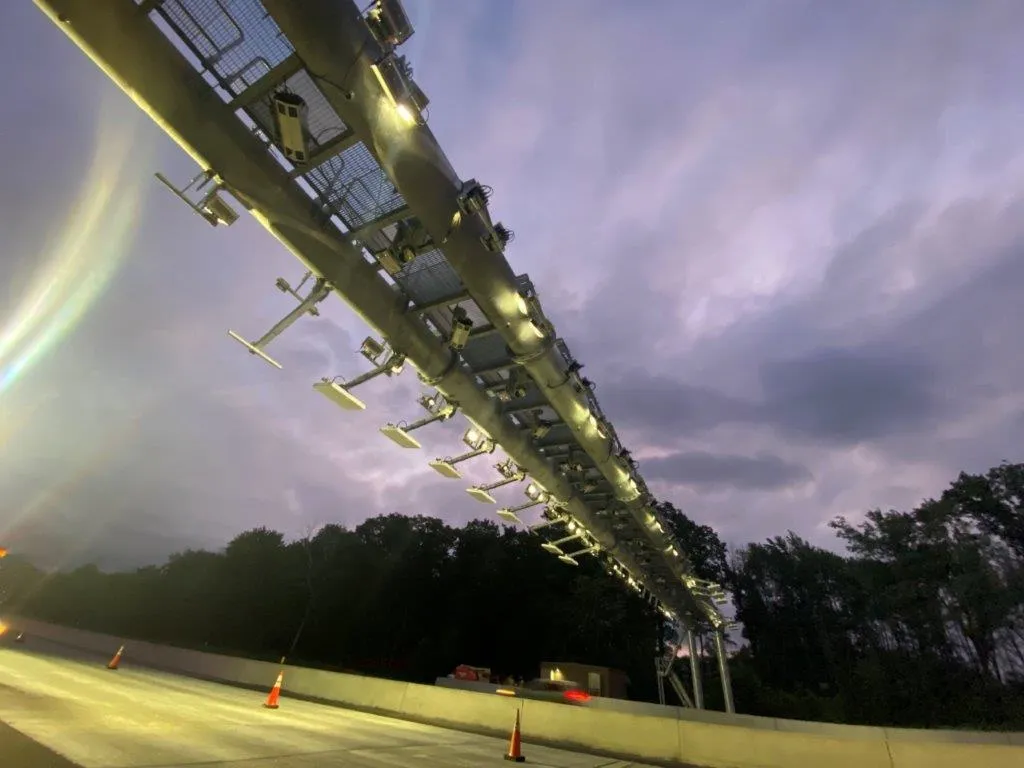
Kapsch's new all-electronic tolling (AET) system for the New York State Thruway Authority (NYSTA) is now fully operational.
All road users now pay their tolls on NYSTA-operated roads - a 570-mile system - via automatic electronic toll collection (ETC), either when travelling below Kapsch's gantries, or at ETC-enabled NYSTA entry and exit points.
Sensors and lasers identify vehicle class, and charges are billed to the driver’s E-ZPass account if they have a transponder, or by mail to the vehicle’s registered owner using licence plate information.
“Paying cashless tolls will reduce traffic congestion and vehicle emissions, and contribute to smoother traffic flow along the Thruway in New York State," said Chris Murray, president of Kapsch TrafficCom North America.
Remaining toll plaza infrastructure will eventually be removed.
Thruway Authority executive director Matthew J. Driscoll advised drivers to take care as the system beds in.
"In the coming months, drivers will continue to travel through existing toll lanes at reduced speeds without stopping until the toll booths are removed and road reconfigurations are complete," he said.
"Drivers are strongly urged to slow down and use caution around the toll plazas during this time, as it will be an active construction zone. In 2021, after all of the toll plazas are removed, drivers will have a completely unobstructed ride."
The new system features include a redundant and dual central host system, walkable gantries and bracket-mounted equipment for performing tool-less maintenance without lane closures.








